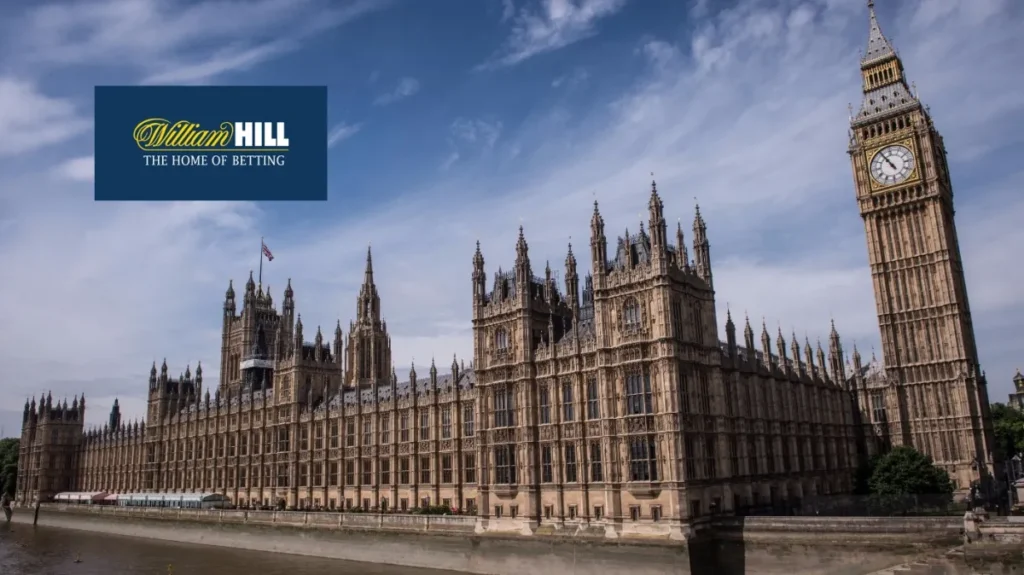Have you ever wondered if smart wagers on elections could turn your news knowledge into real gains while spotting trends polls miss? What if expert strategies reveal hidden edges in shifting odds that change with every headline? Let’s explore the world of betting on political events through one established platform, packed with tips, data, and insights to help you navigate wisely.
Best Bookies in UK [Sep 2025]
🏅 Cosmobet

- Welcome Bonus: 150% Up to €500 + 50 FS.
🏅 Velobet

- Welcome Bonus: 150% Up to €500 + 70 FS on the first deposit.
🏅 Goldenbet

- Welcome Bonus: 100% Up to £500 on the first deposit.
The roots of political betting

Let’s start from the beginning to see how this practice grew. People have wagered on elections since the 1700s in Britain, with informal bets on who would win seats in parliament. By the 1800s, structured markets popped up in the US, where curbside dealers in New York took action on presidential races. These early bets served as a way to gauge public opinion before surveys came along. In the UK, the 1961 Betting and Gaming Act made shops legal, opening the door for broader access. William Hill jumped in during the 1960s, offering odds on major events like the 1964 general election. This helped turn it into a common activity. A historical review notes that US markets from 1868 predicted winners with high accuracy. Think of it like an old custom now boosted by tech. Key events, such as big 1979 UK wins on Conservatives, show the excitement. Online shifts in the 1990s expanded it globally. This history sets up why it’s popular today. Now, let’s look at how these markets run.
How betting markets work
In simple terms, bookmakers use data from polls, news, and past results to create starting odds. For example, a strong candidate might show at 1/2, where a £2 bet returns £1 profit plus your stake. As people bet, the odds move to keep things balanced. This reflects what the crowd thinks will happen next. It’s much like how prices change in an auction based on interest. William Hill has teams watching trends to update lines quickly.
Odds such as 4/1 mean a 20% implied chance, calculated by dividing 1 by 5. This lets you spot if a bet looks good. Research on these systems finds they pull in varied info well. But things like crowd emotions can tilt them a bit. Have you seen how group vibes at a game sway feelings? Same here with voter news driving shifts. This leads right into the bet options you can choose.
Popular types of bets
Options vary to fit what you know. Outright winners are basic: pick who gets the top spot. Margins cover by how much, like vote shares. Party results focus on seats or states gained. Specials handle extras, such as when a leader quits or referendum yes/no. Futures bet on far-off events, like years-ahead races.
List them out:
- Outright: The main victor in a vote.
- Handicaps: Lines adjusted for leads.
- Over/under: Totals higher or lower than a set number, like turnout.
- Props: Details, such as debate scores.
- Long-term: Upcoming leaders or changes.
These suit beginners with simple picks or experts with deep dives. Starting with outrights helps build comfort. Next, stories from real events show it in action.
Case studies from past events
Examples bring this to life. The 2016 Brexit drew £40 million in stakes, with odds flipping to leave as early counts hit. A big win came for one underdog backer. That year’s US race saw Trump odds rise late, leading to £100,000 payouts. In 2017 UK, a hung result caught many off guard despite favorites. But 2019 matched predictions with a big win. The 2024 US shifted post-debate to align with the outcome. UK scandals that year over inside info sparked rule talks.
These teach about quick changes and surprises. They help see how news impacts lines. Now, weigh this against other prediction tools.
Accuracy compared to polls
Markets often pull ahead because real stakes push honest views. A 2020 look showed better calls in close contests. In 2016 US, bets gave Trump 30-40% when surveys lagged. Low-key races show flaws, though. Models test this, finding busy markets most spot-on. It’s like group estimates beating solo guesses.
Table for comparison:
| Event | Market View | Poll View | Result | Top Method |
| 2016 Brexit | Remain start, leave end | Varied | Leave | Markets shifted quicker |
| 2016 US | Trump boost | Clinton ahead | Trump | Markets |
| 2020 US | Biden lead | Biden ahead | Biden | Even |
| 2024 US | Trump rise | Varied | Trump | Markets |
| 2024 UK | Labour strong | Labour ahead | Labour | Even |
This info aids in choosing tools. Markets give live updates. Let’s check what’s on offer now.
Current offerings in 2025
In September 2025, eyes turn to ahead. William Hill shows odds on next UK vote, Labour short but Reform climbing at 13/8 for most seats. US 2028 lists like Vance at 5/1, Trump third term at 5/1 amid constitution talk. Europe and world options too. Lines move with updates, like policy news. New trends include crypto rivals, but classics endure.
Think with me on patterns. After 2024, alliance props rise. Reports call it a change. This opens fresh engagement. Next, a start guide.
Step-by-step guide to getting started
It might seem tough initially, but let’s walk through. Study events via news and polls. Join a site with checks. Select a bet matching your info. Get formats: fractional for profit per stake. Bet and watch apps.
Steps listed:
- Grasp odds: Try simple math.
- Shop lines: Find top values.
- Limit spends: Use built-in tools.
- Go small: Learn from early tries.
- Check back: See what clicked.
Regulator guides assist. This fosters good routines. Now, rules matter.
Regulations and responsible practices
Fairness comes from oversight. UK’s Gambling Commission sets licenses and verifications. Post-2024, insider rules got stricter. Platforms add caps and breaks. US differs by state since 2018. Know your area’s laws.
Details vary, but safety first. These keep it enjoyable. Let’s add expert input.
Expert recommendations for betting
Experts share ways to approach wisely. From sites like The Sports Geek, focus on research: mix polls, news, and social for full pictures. Paul Krishnamurty, a pro gambler, advises value hunting—bet where odds beat your estimate. In William Hill news, they highlight watching party shifts, like Reform’s rise post-polls. Another tip: avoid bias; bet facts, not favorites. Covers.com suggests diversifying across events for balance.
More advice: track market moves as signals. Oddsshark notes using history, like past upsets. This helps spot edges. Empathy: Picking winners feels hard at first, but data eases it. Now, strategies build on this.
Strategies for success
Build plans step by step. One: value betting—calculate implied odds vs your view; if yours higher, go in. Example: if market says 40% but you see 50%, value exists. Hedge: bet both sides to lock profit or cut loss, like on margins. Arbitrage: find differing odds across sites for sure wins, though rare in politics.
List strategies:
- Research heavy: Use aggregates like RealClearPolitics for polls.
- Follow news: Apps alert to changes affecting lines.
- Bankroll manage: Risk 1-2% per bet.
- Specialize: Focus on UK or US for depth.
- Cash out: Lock gains if odds shift your way.
From Mytopsportsbooks, they stress timing: bet early for better odds on underdogs. Another: fade the public—go against hype. These boost chances. Personal reflection: When I think on this, it echoes how planning helps in daily choices. Next, handle risks.
Risk management and common pitfalls
Challenges need addressing. Emotions lead to chasing losses; set stops. Low info events skew odds. Partisan views cloud judgment—stay neutral. Manipulation risks low but watch volume.
Tips to avoid: Log bets to review patterns. Use free plays for practice. Studies show that overconfidence hurts most. This keeps control. Analogy: Like budgeting money, manage stakes carefully.
Advanced insights and analytics
Deeper, use models for efficiency. Biases like longshot favor show in the data. 2024 volumes hit billions globally. Tools spot arbitrage. Social influences lines, as 2024 threads discussed. Facts: The 1963 laws grew the UK scene. William Hill’s US side covers states. Global adapts rules.